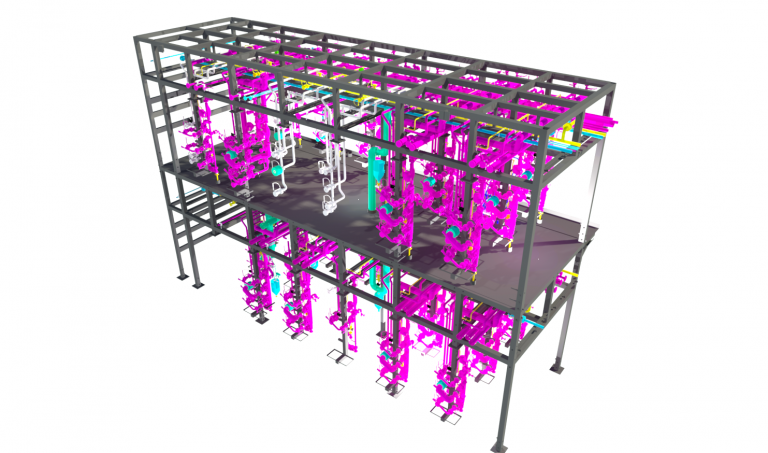
Off-site construction and modularization are construction methods that offer several benefits, both in terms of efficiency and quality, compared to traditional on-site construction.
Key advantages:
Faster Construction Times:
Cost Efficiency:
Enhanced Quality:
Improved Safety:
Sustainability:
Predictable Costs:
Flexibility and Adaptability:
Reduced Weather Dependency:
Less Site Disruption:
Enhanced Energy Efficiency:
In summary, off-site construction and modularization offer numerous benefits, including speed, cost savings, improved quality, safety, sustainability, predictability, flexibility, and reduced weather dependency. These advantages have made these methods increasingly popular in the construction industry. However, the suitability of off-site construction depends on the specific project requirements, design considerations, and available resources.